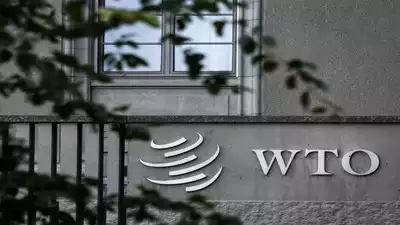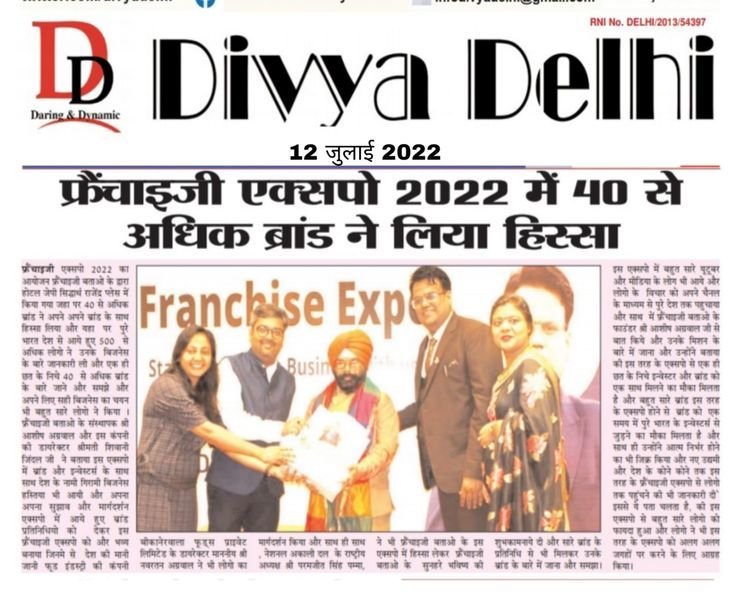
The 13th Ministerial Conference (MC13) of WTO is starting from February 26 in Abu Dhabi. The MC is the highest decision-making body of the global trade body where decisions are unanimous India will insist on first resolving outstanding matters such as public stockholding for food security at the World Trade Organisation’s four-day ministerial starting Monday before discussing other farm-related issues, demand special fishing rights for developing countries, oppose a Chinese agenda to mix investment with trade, and push for an effective dispute resolution mechanism, four people with direct knowledge of the matter said. India, a founding member of the WTO, is committed to strengthen the multilateral trade body, but it will not support unilateral moves of certain group of countries to push their agenda without consulting all members, they said, requesting anonymity. “Allowing such moves will dilute the multilateral character of the WTO,” one of them said. The 13th Ministerial Conference (MC13) of WTO is starting from February 26 in Abu Dhabi. The MC is the highest decision-making body of the global trade body where decisions are unanimous. Agriculture is one of the key issues at the MC13, which includes negotiations related public stockholding for food security, a second person said. It is of vital importance important for two reasons. First, it involves procurement of food grains from farmers, assuring them minimum support prices for their produce if market prices fall, and second, grains are procured to provide free dry ration to over 810 million poor under the Prime Minister Garib Kalyan Ann Yojana, besides fulfilling obligation to distribute subsidised food under the National Food Security Act. WTO rules limit the subsidy that can be provided to such products being procured. The G33, a group of over 80 developing countries including India and African nations, is demanding a permanent solution to public stockholding for food security while improving the ministerial decision adopted at the MC9 held in Bali in December 2013, where members agreed to negotiate a permanent solution on this issue by the MC11. In the interim, they agreed to exercise due restraint in raising disputes in respect to public stockholding instituted before December 7, 2013, even if countries exceeded their permissible limits. “After a firm stand taken by (the then commerce minister) Nirmala Sitharaman on this matter at the WTO, its general council (GC) in November 2014 extended the peace clause in perpetuity until a permanent solution is agreed and adopted,” the second person said. “The MC10 at Nairobi endorsed the GC’s decision. However, no outcome was achieved on this matter in subsequent ministerial (MC11 at Buenos Aires and MC12 at Geneva).”Unlike developed countries that have rich farm owners, most Indian farmers are poor, and need support of minimum prices, which helps in building a public stockholding to ensure food security programmes, a third person said. “While the status quo is still maintained and public stockholding cannot be disputed, India wants the interim arrangement must first be made a permanent clause of the Agreement on Agriculture before taking up any other issue,” he added. India, along with other developing countries, is also asking for a special safeguard mechanism under the agriculture negotiations that will enable them to temporarily raise tariffs of products in case of imports of such items surge or their prices decline. “It is a major issue for developing countries as they lack any other measure to protect their small and marginal farmers from adverse impact of import surges or gluts,” a fourth person said. On the issue to discipline and reducing domestic support such as subsidies and other protections to farmers, India will agree for discussion only after addressing and removal of historical asymmetries as the developed countries and non-democratic countries have an opaque system of providing subsidies and support to their farmers, the person said. “Any discussion on trade distorting domestic support should not denude the non-negotiable special and differential treatment provisions imbedded in the AoA,” he added. India also rejects the demand of some WTO members to give prior advance notice before imposing exports restrictions on commodities, such as rice, wheat and onions. “Export restrictions are a necessary mechanism for our food security and stabilising domestic prices of commodities. It cannot be notified well in advance as this would lead to serious market distortions,” the fourth person said.“Discipling the cotton subsidies is a long pending issue needs to be settled urgently as huge subsidies provided to rich cotton farmers in developed countries are making exports from developing nations uncompetitive,” he said. On fishing issue, India rejects any multilateral curb on activities of its nine million fisherman families, the first person said. “It will discuss the issue of overfishing at MC13 only if developed nations own up the responsibility of damaging global fisheries wealth and agree to withdraw all subsidies they give to distant deep-water fishing,” he said. While developed countries gave $75,000 subsidy to one fisherman family, India’s subsidy is just $15 per family in a year. “For them, it is a trade and profit issue, but for us it is for livelihood and nutrition,” he added. Developed nations depleted fishing resources by undertaking deep-water fishing, and they must pay for their sins on the principles of common but differentiated responsibility and polluter pays to achieve sustainability, he said.India will also oppose any move of a China-led group to push investment as a trade issue at the MC13 and demand discontinuation of customs duty moratorium on e-commerce trade, the second person said. A group of members unilaterally initiated a joint statement initiative on investment facilitation for development and its text has been pushed for MC13. “We do not want to recognise the practice of pushing agenda through joint statements. Such moves dilute the multilateral character of the WTO,” he said. This matter is also important for countries like India, which restrict investments from undemocratic and hostile countries such as China and Pakistan. India is also committed for the cause of environment, labour reforms and women empowerment, but it will not support the agenda of developed nations to use this multilateral trade forum to negotiate non-trade issues and indirectly create inequitable barriers of trade, he said.Establishment of an effective, two-tier, dispute resolution mechanism is a must for the success of the multilateral trading system. “Trade rules framed at WTO would be meaningless unless enforced, which necessitates a strong adjudication system to settle disputes among members. While developed countries are talking about peripheral reforms, we want a strong two-tier system,” he said. While members are free to settle their disputes by mutually agreed solutions, vexed cases need adjudication and a system of appeal if a member is not satisfied with the verdict. The dispute settlement body of the WTO is nearly defunct after the US blocked appointments of members in the appellate body since December 2019.
- Education(22)
- India(265)
- Entertainment(110)
- Sports(31)
- Business(34)
- Bollywood Hollywood(14)
- International(12)
- Life & Style(9)
- Opinion(1)


